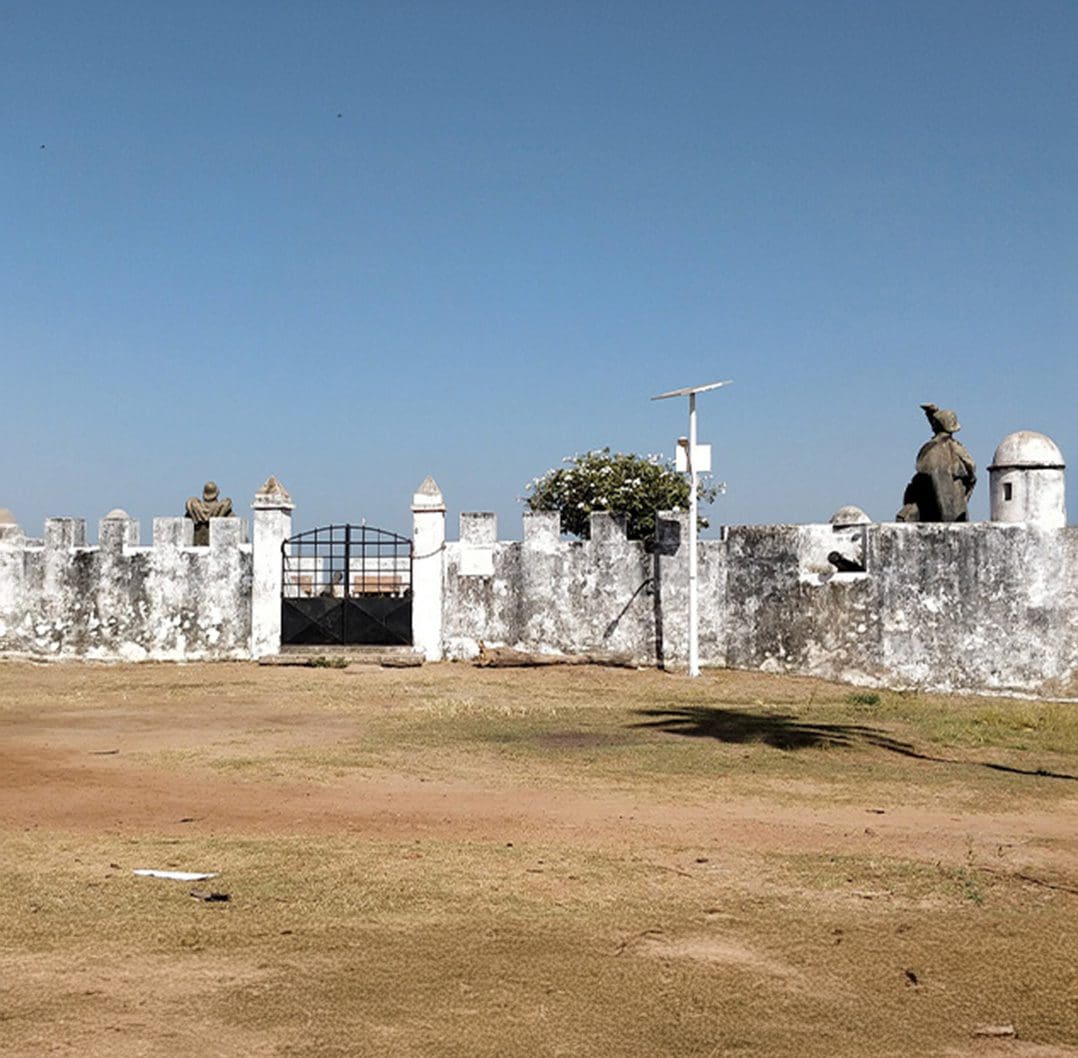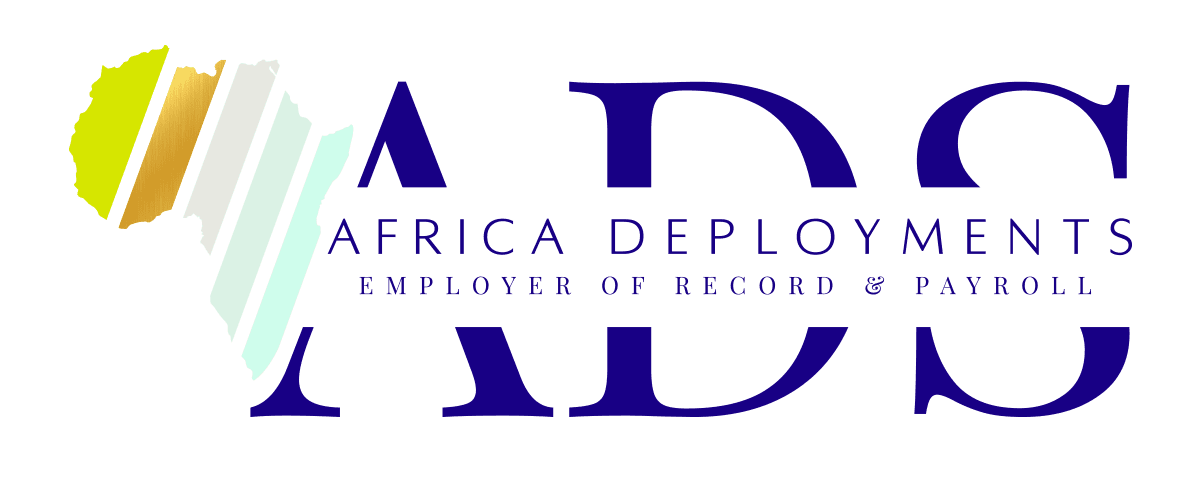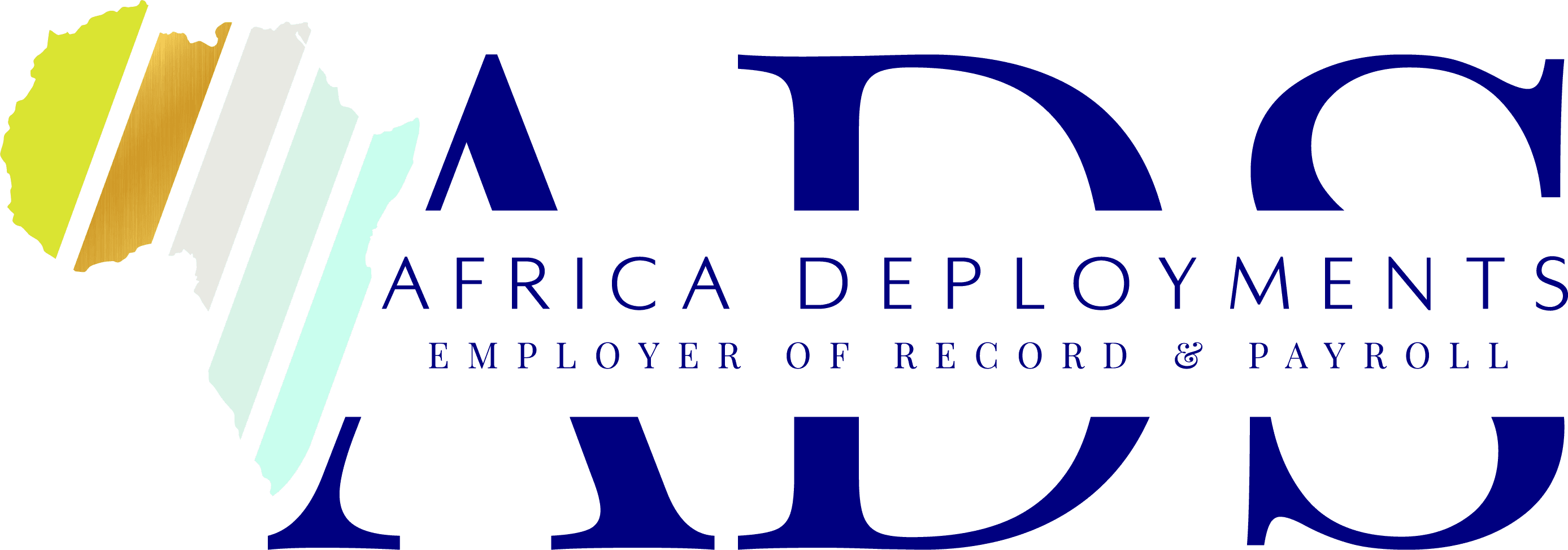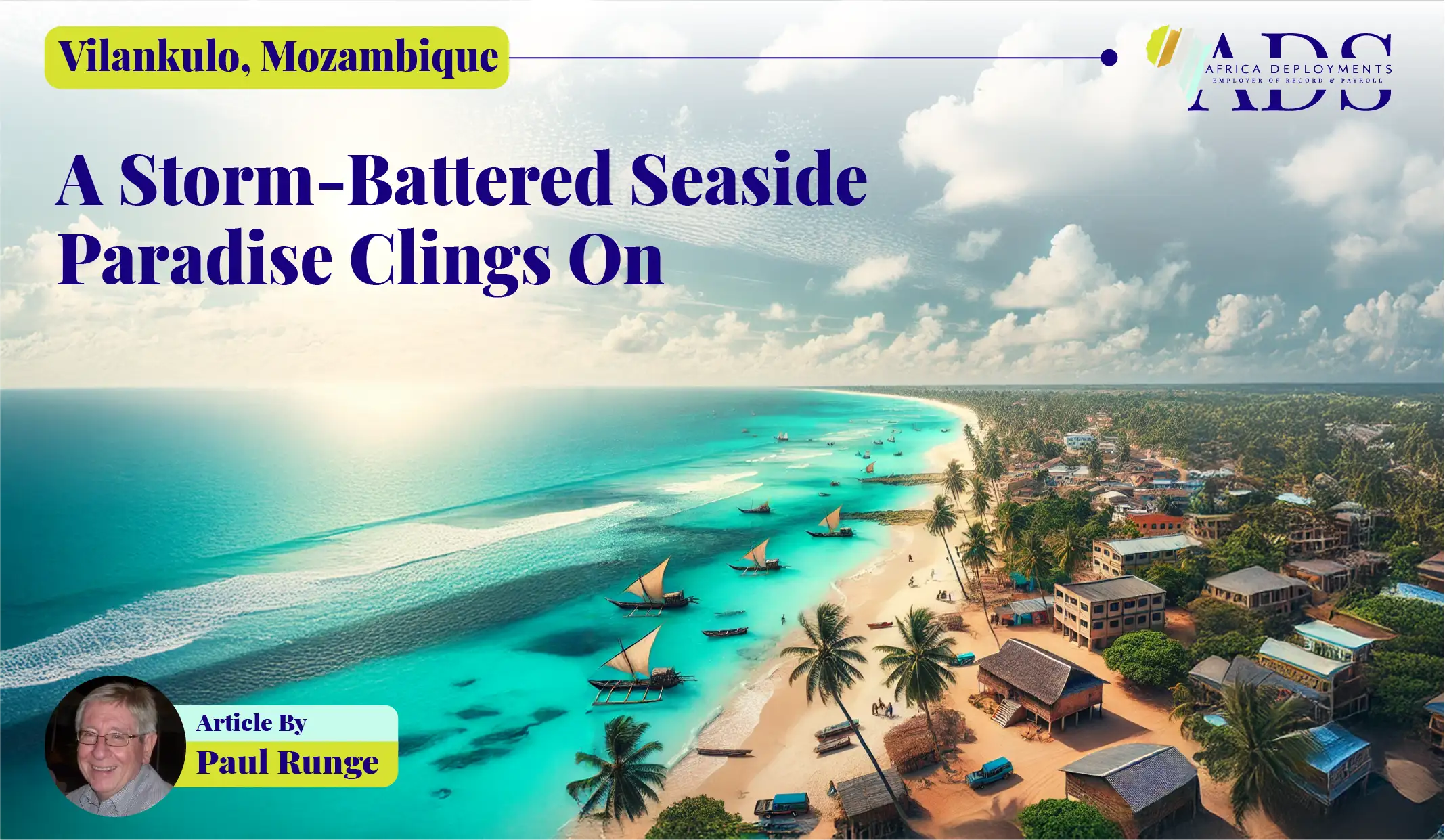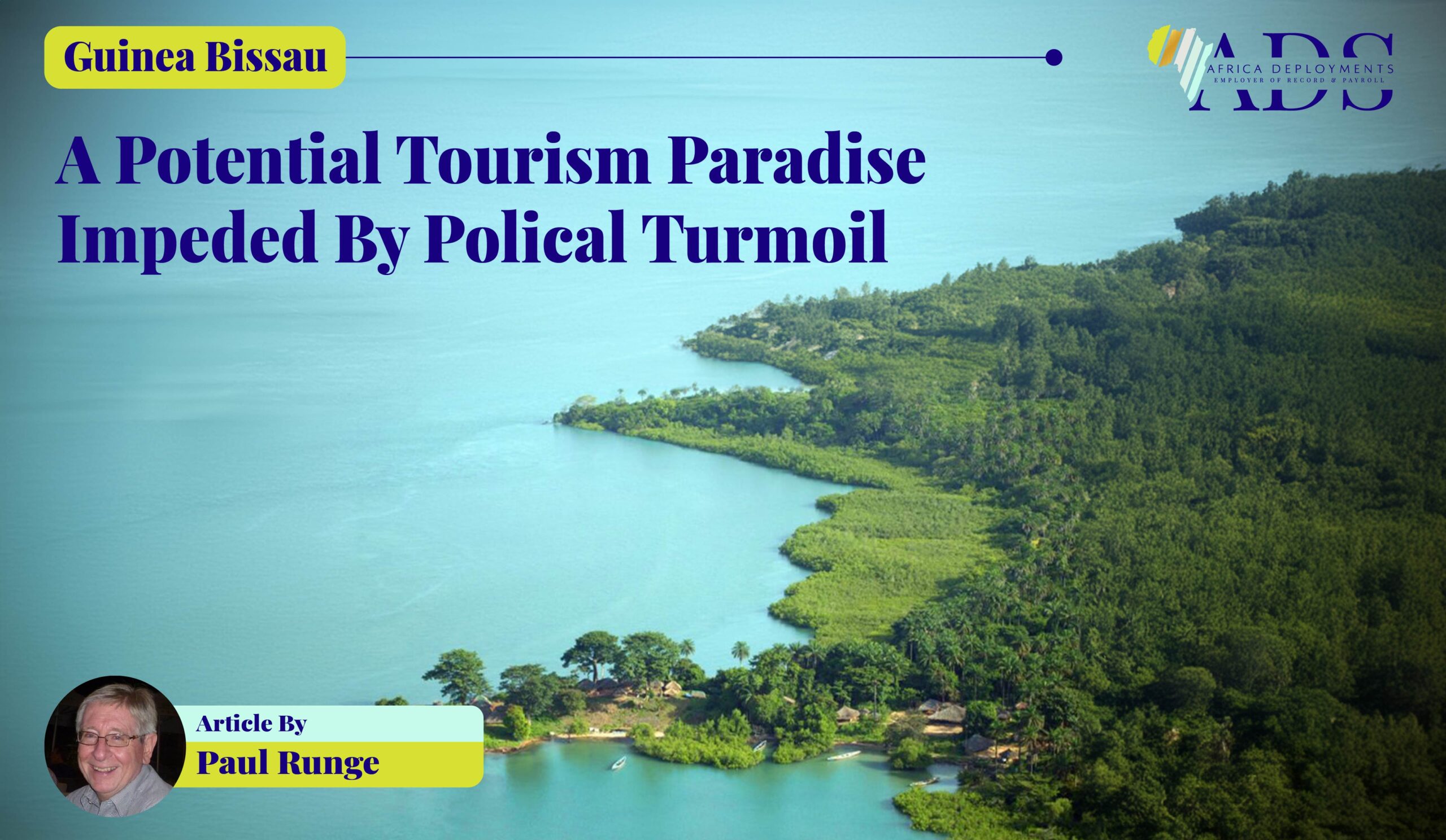
Guinea-Bissau: A Potential Tourism Paradise Impeded by Political Turmoil
A quick stop in paradise…
It was 1989. The government of the Republic of Guinea-Bissau had invited us as a joint mission of the Department of Foreign Affairs and the South African Foreign Trade Organisation to visit the country as part of its drive to secure foreign investment. We received royal treatment: we were taken to the airport VIP lounge on arrival, booked into the plush, new Sheraton hotel, treated to dinners at some of the best restaurants in Bissau, and taken on various excursions to the scenic parts of this small country.
Then on Sunday, the minister of economic affairs offered us the special treat of a visit by boat to the Bissagos Islands. We had never heard of this group of 88 mostly uninhabited Atlantic Ocean islands and islets, scattered over an area of nearly 13 000 square kilometres just offshore of the capital city. We sailed for about an hour on a calm turquoise sea, picking our way through a myriad of small, palm-fringed islands with blindingly white beaches. Then the honourable minister suddenly stood up and strode to the side of the boat, pulled off his shirt, kicked off his sandals and dove overboard. He called for us to do the same. It was hot and humid, and we willingly obliged. It took just a few minutes to swim to a small, deserted island. The dinghy with the barbecue and rattling bottles of wine followed. Soon we were lying in the shade of a few palm trees, feasting on grilled lobster and sipping cold Portuguese vinho verde wine. Paradise! The old clichéd expression, ‘Stop the world, I want to get off’ came to mind.

Where and what is Guinea-Bissau…
In short, Guinea-Bissau is a small West African country (population just over 2 million), bounded by Senegal to its north, Guinea to the east and south, and the Atlantic Ocean. It is a former Portuguese colony. It was named Guinea-Bissau (with the addition of the name of its capital city) to distinguish it from its far larger, former French colony neighbour, Guinea.
Guinea-Bissau is among the world’s poorest countries. In 2021, the World Bank estimated the GDP per capita at a mere US$ 795. Cashew nuts are by far its main export commodity, followed by sea food. The industrial base is very small and based on artisanal industries including textiles, cotton and timber and breweries. The country is still mainly economically dependent on the former colonial power, Portugal. Petroleum is the main import.

A particularly tough liberation war…
Guinea-Bissau was known as Portuguese Guinea until it achieved fully-recognised independence in September 1974, after Portugal’s April 1974 revolution. The war of liberation began in January 1963. It was particularly severe and bloody, with over 15 000 recorded deaths and a substantial percentage of the population displaced.
The death toll included about 2 000 Portuguese soldiers. At the time, the small European country was also fighting to maintain its control in Angola and Mozambique. But no young Portuguese conscript wanted to be posted to the dense, hot jungles of Guinea-Bissau. Apart from malaria and other tropical maladies, a particular problem for the Portuguese military was the 447-kilometre land border with Guinea.
The African Party for the Independence of Guinea and Cape Verde (PAIGC) was fighting for the independence of both countries. The party was led by the legendary leader, Amil Cabral, a Guinea-Bissauan and Cape Verdean agricultural engineer. Neighbouring Guinea was in support of the PAIGC and was facilitating incursions by PAIGC armed groups into Guinea-Bissau. The long, densely vegetated border was impossible for the Portuguese to adequately defend. Guinea-Bissau was Portugal’s Vietnam.
Our government guide, Vasco, took us on a trip into the interior of the country. After a few hours of rough driving through thick jungle and past dark swamps, we arrived at a fast-flowing river that marked the border with Guinea. We rested on the grass bank next to a waterfall and enjoyed a few welcome, cold refreshments. After our return to Bissau, we dined at one of the city’s best restaurants. The place resembled a concrete block bungalow, and we were not surprised to learn that it was part of the former Portuguese army barracks.

A tumultuous post-colonial period…
Since independence, the country has been plagued by political instability and turmoil. There were two successful coups in 2003 and 2012. There were nine attempted coups and cases of military unrest up to 2022. On 30 November and 1 December 2023, clashes broke out in Bissau between two army factions. The hostilities dissipated with the dissolution of the country’s legislature by President Embalo.
The army remains a major role player in political developments in the country. In the past, analysts have pointed to an informal alliance between the armed forces and the dominant PAIGC party. However, the political scenario may be changing, with a coalition of opposition groups winning a majority of parliamentary seats in an election held in mid-2023.

But despite all the instability, huge tourism potential…
Guinea-Bissau is widely acknowledged by travel specialists as the ‘hidden gem of West Africa’. The Bijagos archipelago of islands is undoubtedly Guinea-Bissau’s major tourism asset. However, hospitality infrastructure is very limited, with only a few hotels and lodges on the larger islands. The coast and interior also hold potential attractions such as the old town of Cacheu with its Portuguese fort and museum. A major attraction in Bissau is the city’s bustling markets. There are marine and forest national parks where a limited variety of fauna can be spotted. The local music and Portuguese/African cuisine are further features which will interest international tourists.
The country’s various national economic development plans including the latest for 2023-2027, make scant reference to tourism (although there is emphasis on the preservation of biodiversity.)
Our host for our island visit, the honourable minister of economic affairs, made several references to strong interest from Italy in his country’s tourism sector. He mentioned that Italian tour companies were setting up lodges on the islands aimed at accommodating ‘adventure tourists’ from Italy and Europe.
Tourism is the one sector that can bring a relatively quick and substantial level of relief to Guinea-Bissau’s struggling population. Let’s hope it develops there. The country certainly has the required tourism assets to attract many well-heeled foreign visitors.
